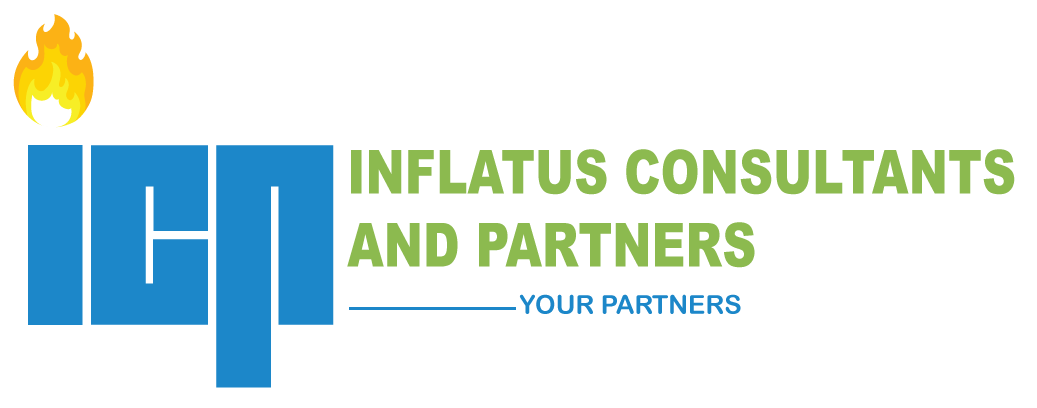HERE’S THE PERFECT SOLUTION IF YOU WANT TO BECOME GREAT AT PROJECT PLANNING IN AS LITTLE AS 3 MONTHS

I had promised in a previous piece to outline the content and requirements of an effective training program for project planning. I am going to address that in this piece.
An effective training program comprises two key components:
- Great Content
- Powerful delivery
First, the content of an effective training program for planning engineers, in my view, should go beyond the technical skills of engineering or technical qualification and competency. It should also be more than competency in using project management software such as primavera or MS Project. It should include business and leadership skills.
For example, Harvard Business School (HBS) Online analysis of job postings data shows that business skills are not only included in engineering job postings but are more versatile than technical competencies. The data also shows that while computer science skills only appear in 16 percent of engineering job postings, communication skills appear in 34 percent, and management expertise in 24 percent. That is, 6 out of 10 engineering job postings require non-technical skills.
According to the report, senior engineers, division, and department heads use more business skills than engineering skills in their work. Of course, we should expect that.
But the implication is that planning engineers with only technical skills may become ineffective team leaders or managers because they lack those business or leadership skills. That is if they become leaders at all. That is the reason some are stuck!
Finally, the report shows that in-demand skills in the engineering industry include:
- Effective Communication
- Management Essentials
- Problem-solving
- Business operations
- Leadership
Interestingly, that agrees with the position of the Project Management Institute (PMI). The PMI believes that, for project management professionals to be effective, their competency must cover three skills domains: Technical Project Management, Strategic and Business Management, and Leadership. They call this the ‘Talent Triangle” as shown below.

However, in line with increasing focus on business value or benefits delivery than over-emphasis on processes, and to help project professionals navigate the changing world of work and embrace smarter ways of working, the Talent Triangle is now composed of Ways of Working, Business Acumen, and Power Skills as shown below.

Some of the skills that constitute each side of the triangle are presented below.

This is where our Real-World Project Planning course stands out of the pack: it carters to your career success both for today and tomorrow, regardless of the vagaries of the market.
The course covers the three (3) domains of the PMI Talent Triangle in five (5) modules:
- Module 1 – Introduction to Project Management
Introduces participants to project management in the wider context of the organization as a vehicle for delivery of organizations’ strategic business objectives. Effective project management is key to maximizing any organization’s business opportunities and meeting its challenges.
At national level it is a tool for national development. Well-managed projects, according to Rodriguez and Salomón, bring more benefits to populations and more transparency in funds administration.
These provide the project management context and equip participants to manage the positive and negative influences of the larger project environment.
Of course, this is in addition to introduction to the basic concepts of project management, process groups and knowledge areas.
- Module 2 – Project Planning – A Step-By-Step-Approach
This module walks participants through the planning process:
- Confirmation of Scope of work via an actual Invitation to Tender (ITT) package
- Creation of appropriate WBS
- Activity Definition
- Activity Sequencing.
- Module 3 – Schedule Development
Introduces participants to:
- Different Estimating Techniques based on Level of Project Definition
- Resource and Duration Estimating
- Schedule Development including the Critical Path and Critical Chain Methods, Resource Leveling, What-If Scenarios, etc.
- Schedule compression techniques.
- Module 4 – Schedule Optimization, Control and Reporting
Items covered include:
- Risk Management
- Schedule Risk Analysis
- Schedule optimization
- Schedule Baseline
- Schedule Control
- Progress Measurement System (PMS) including Rules of Credit
- Earned Value Management System (EVMS) for performance measurement.
- Module 5 – The Planning Engineer and His Power Skills
Topics covered include:
- Responsibilities of a Planning Engineer
- Qualities of a Great Planning Engineer
- Personal Awareness including personality assessment using DISC to determine dominant traits and their impact on career.
- Leadership including Priorities, Connection or Networking, Relationship and Servicing others.
Second, for a training program to be effective, the delivery is as important as the content. A training course with a great content can be rendered useless through poor delivery. Stories abound of how poor delivery turned otherwise great training programs into nightmares for participants.
Again, delivery has two parts – the man and the method.
Our course uses different delivery methods – live presentation, videos, group discussion, and real-world case studies to maximize participants experience and impact.
When it comes to the person of the facilitator, some organizations use people whose only experience is in facilitating training, and they deliver theories that do not represent professional experience that they seek to impart.
But we have very carefully selected a veteran with many years of industry experience and facilitation to give participants value for money and exceed their expectation.
In summary, an effective project planning training program should include both the technical and power skills. It should be delivered by facilitators with many years of professional practice and impeccable facilitation skills. Those are the things that our course brings to you should you choose to take up the challenge.
Start your experience here.


